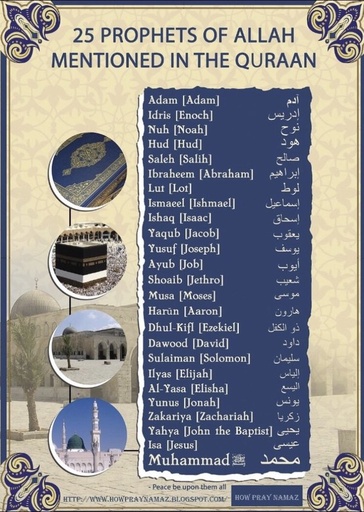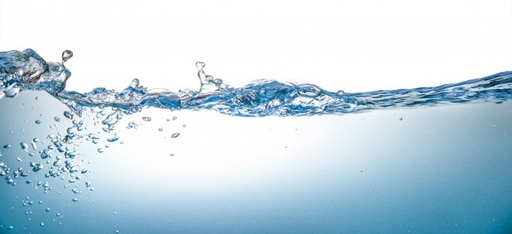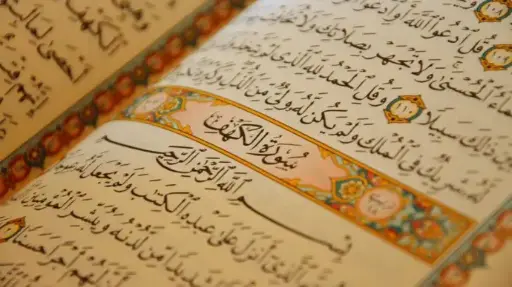All Courses

The Quran mentions 25 prophets by name, each chosen by Allah to guide humanity towards monotheism and righteous living. Here is a summary of these prophets and their significance:
1. Aadam (AS) [Adam]
2. Idris (AS) [Enoch]
3. Nuh (Noah) (AS) [Noah]
4. Hud (AS) [Hud]
5. Salih (AS) [Salih]
6. Ibrahim (Abraham) (AS) [Abraham]
7. Lut (AS) [Lot]
8. Ismail (AS) [Ishmael]
9. Ishaq (AS) [Isaac]
10. Yaqub (AS) [Jacob]
11. Yusuf (AS) [Joseph]
12. Shu'ayb (AS) [Jethro]
13. Ayyub (AS) [Job]
14. Dhul-Kifl (AS) [Ezekiel]
15. Musa (AS) [Moses]
16. Harun (AS) [Aaron]
17. Dawud (AS) [David]
18. Sulayman (AS) [Solomon]
19. Ilyas (AS) [Elijah]
20. Al-Yasa (AS) [Elisha]
21. Yunus (AS) [Jonah]
22. Zakariyya (AS) [Zechariah]
23. Yahya (AS) [John]
24. Isa (AS) [Jesus]
25. Muhammad (SAW)
These prophets represent the continuity of divine guidance through human history, emphasizing the core message of monotheism, righteousness, and submission to Allah. Their stories, found throughout the Quran, serve as lessons and reminders of faith, patience, and morality for all

Istinja, Wudu, Ghusl, Tayammum & Ghusl of the Deceased
Ablution, or purification, is an important aspect of Islamic practice. There are different types of ablution that serve various purposes, ranging from preparing for prayer to purification after specific events. Here’s a brief overview of the main types of ablution in Islam:
1. Istinja (Cleansing After Using the Bathroom):
2. Wudu (Minor Ablution):
3. Ghusl (Major Ablution):
4. Tayammum (Dry Ablution):
5. Ghusl of a Deceased person:
Conclusion
These different types of ablution cater to various circumstances and levels of impurity, allowing Muslims to maintain both physical and spiritual cleanliness. By adhering to these practices, Muslims fulfill the requirements set forth by Islamic teachings, preparing themselves for worship and other religious duties.
